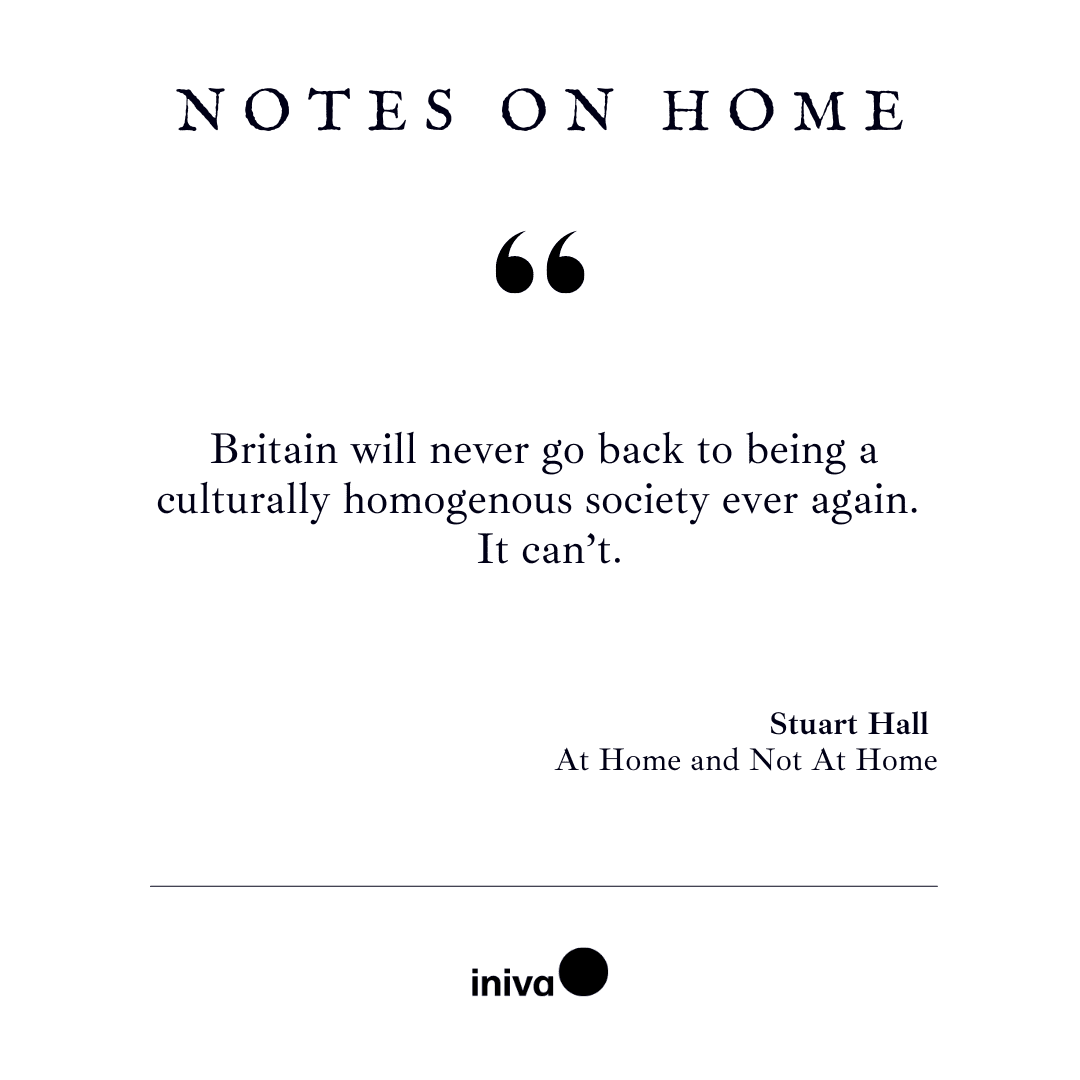
They say, home is where the heart is or home is where you lay your head or your hat. It’s the place where you feel at ease, where you are most comfortable or where you can be yourself. But sadly, in the face of so much violence and misinformation, how do we find the words that can instil hope and eradicate the fear of calling the UK our home?
They told our grandparents that they were British subjects to serve Queen and country. ‘Why did they come?’ one friend asked me this weekend. They came because they were invited and to serve a country that was on its knees, I responded. The prospect of opportunities, a place to also call home and even to raise a family. But when they arrived they were told to ‘go home’.
They were told that this fair isle was a place of justice, a harbour for refuge for those who came to seek asylum, a place of safety. It does not matter in fact how we arrive here, whether we are born here, born elsewhere, or part of the colonial and imperial histories of Britain. This is the place that we chose to call our home.
The fact that it was a common saying to recite that, ‘the sun never sets on the British Empire’ should tell us all something about the places where the British have been. But when does the ‘them’ and the ‘us’ become ‘we’? What difficult conversations do we need to have in order to understand ‘our’ shared heritage?
When we are told to go to our homes, to stay out of danger and to stay safe, what is the message behind this warning? This is where we have made our homes and our lives but is this the place that we belong? Is this the place that we are longing to be? It was an amazing testament to see the diverse communities from all backgrounds in counter protest on the streets yesterday saying, ‘this is where we ALL belong’. A longing to be in community that goes beyond the borders of difference and expands our notions of what it means to be part of British communities.
Speaking with Les Back after the opening of iniva at Rivington Place, Stuart Hall reflected, ‘There hasn’t been a profound change in British society. We haven’t got to the deep level of racism in the culture that I think throbs on. Well, has nothing changed? Yes, something has changed. What has changed is, you go into the street – and I came here in 1951 – and it just looks different.
Britain will never go back to being a culturally homogenous society ever again. It can’t.‘
Where do we find the words and actions to continually fight racism, Islamophobia and fascism? How can we collectively make spaces of belonging through culture? The work of radical art practices that speak directly to these concerns allow for ways of being where we can have these discussions, to gather and to challenge misinformation. Our stories are often missing from the curriculum, mis-represented in the media or buried in the archives. Collectively our society is made up of all our differences, our hybrid cultures and constantly shifting identities. The ‘we’ is not one thing, it is not a homogonous whole. A multiplicity of racialised communities have been here and our diversity is our strength and what helps us to broaden our understanding of our cultures, our empathy and our beliefs.
While our mouth piece may not be loud enough to speak to the world’s injustices, we believe it’s the many voices coming together that can give us hope. It heartens us to see that many of you have reached out to see how the team are doing, that continue to encourage and support us in our work.
We have hope in the emerging generations who are radically reimagining, embodying and visualising new worlds and the generations that have gone before to fight racisms, Islamophobia and fascisms. We do believe that art and culture can change hearts and minds. It is our daily practice to make anti-racist and equitable spaces for artists and their communities. Our resources can support you through these difficult times in holding these conversations within your families, schools and communities. We have made a list to help you navigate these discussions. Our hearts, heads and hats have a home here and we must not be led to believe otherwise.
If you would like to use our social media to tell your story of home and belonging that will give us hope for the hereafter, send us an image, caption and text that we can all share on our socials. We must continue to call the UK our home and make it the place where we feel safe to be.
with care & in solidarity,
Iniva staff & trustees